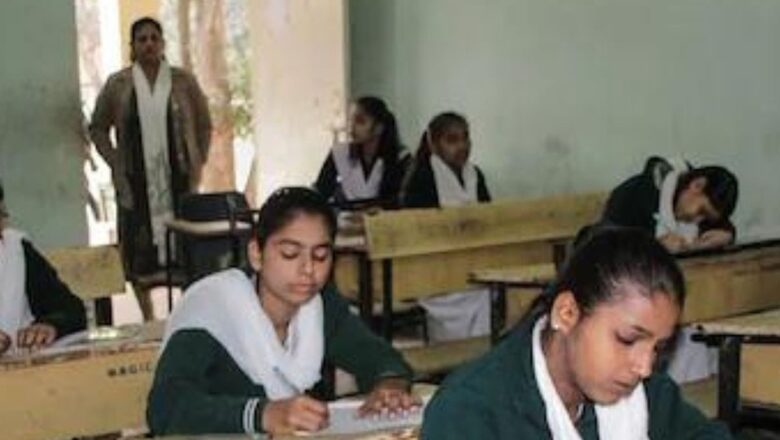
views
In a proactive move aimed at elevating the academic standards of secondary education, the Department of Public Instruction in Dakshina Kannada is making comprehensive plans to enhance the performance of schools in the upcoming Secondary School Leaving Certificate (SSLC) examinations. The focal point of their latest strategy is the identification and targeted intervention in schools categorised as B and C grades, denoting pass percentages below 70-60 per cent, respectively. The district, comprising 601 high schools, including 170 government-run institutions, has taken on this initiative after a thorough analysis of SSLC results over the past years.
“Zilla panchayat CEO Dr Anand K has come up with this idea after analysing the SSLC results of the district in the last few years,” The Times of India quoted DR Naik, DDPI, Dakshina Kannada, as saying.
Addressing the specific concerns surrounding the performance of schools in regions dominated by minority communities, Naik emphasised on the necessity for an extra push to uplift results. He stated, “Some schools situated in places dominated by minority communities have continued to show poor performance in SSLC exams over the years. Therefore, these schools need an extra push to improve the results.”
A detailed analysis conducted recently revealed a total of 64 institutions in the district, with 16 identified as C-grade and 48 as B-grade. The breakdown of C-grade schools includes five in Bantwal, four in Mangalore, and three in Puttur. To address these findings, a team of officials, led by the DDPI, has commenced visits to these institutions. Additionally, a comprehensive meeting was convened to identify the root causes of poor results and develop effective solutions.
The examination of various contributing factors revealed challenges such as a shortage of permanent staff in some aided schools, leading to teachers handling multiple subjects. Furthermore, instances of guest teachers running classes were identified, highlighting the need for more experienced educators to enhance students’ understanding of subjects. The analysis also uncovered cases where students excelled in certain subjects but struggled in others, prompting a reconsideration of teaching priorities.
Naik explained, “In some of the aided schools, there is a shortage of permanent staff. Because of this, two or more subjects are taught by one teacher. In other schools, guest teachers run the classes. Students require more experienced teachers to help them grasp the subjects. We also found that in some schools, students have scored well in two or more subjects, and were poor in other subjects. We felt that the results would have been better if more stress was given to those subjects. English, science, and mathematics are tough for students.”
This initiative comes on the heels of Chief Minister Siddaramaiah’s visit to the district, during which he explicitly highlighted the issue of poor academic performance, further emphasising the urgency of implementing measures to rectify the situation.




















Comments
0 comment